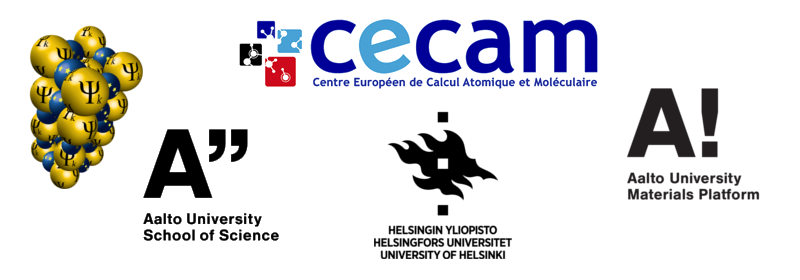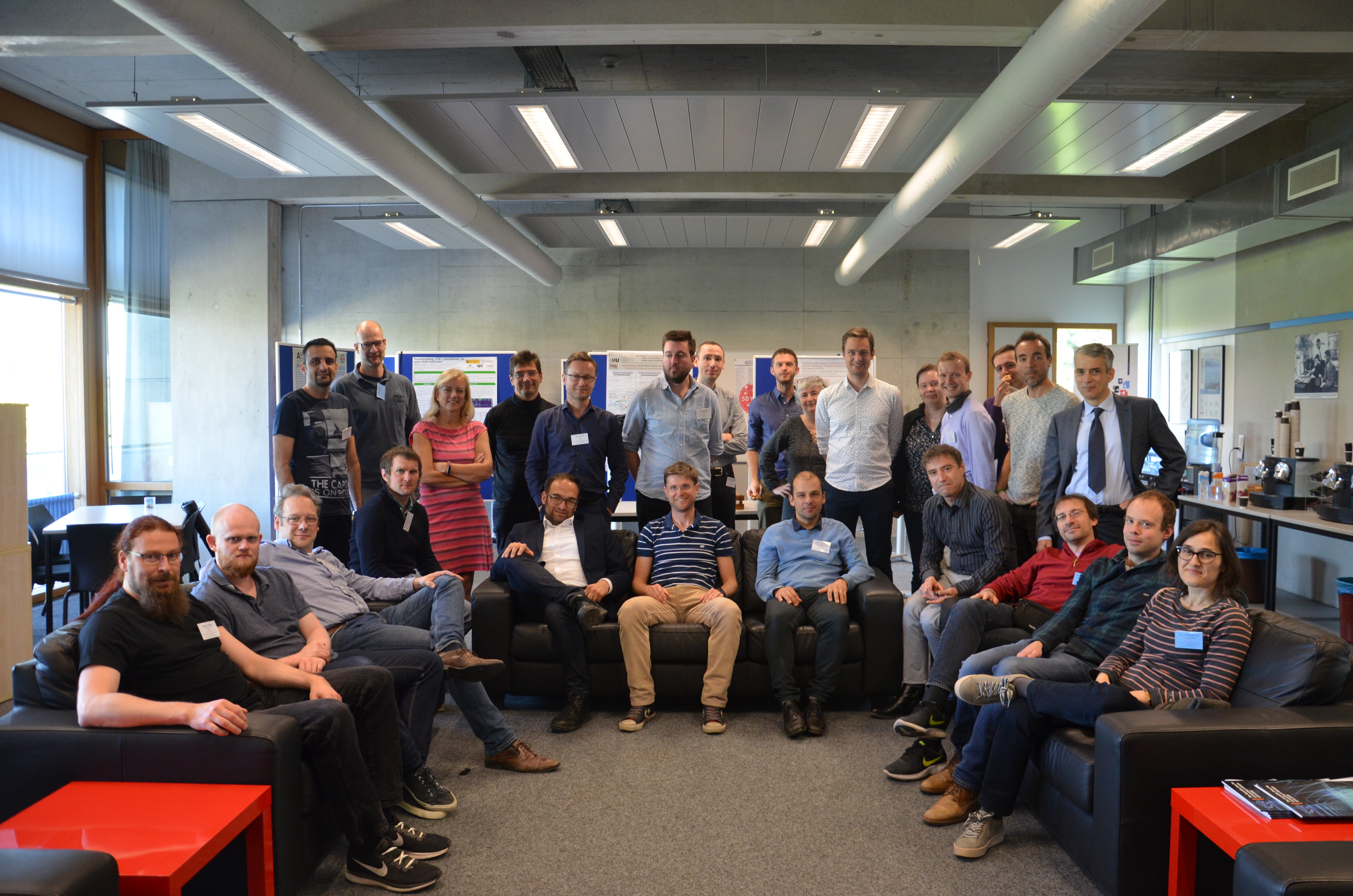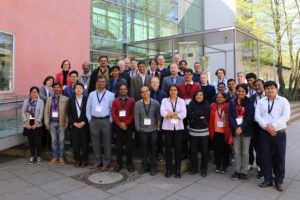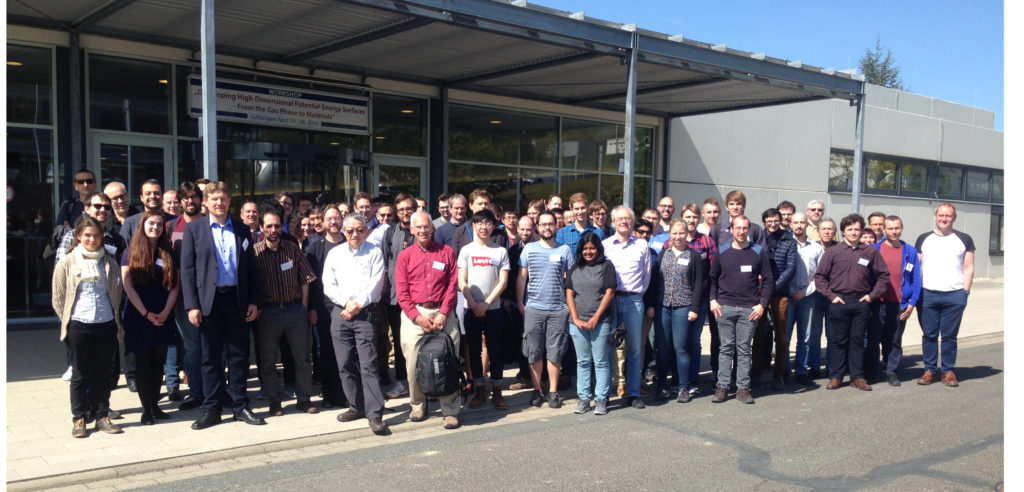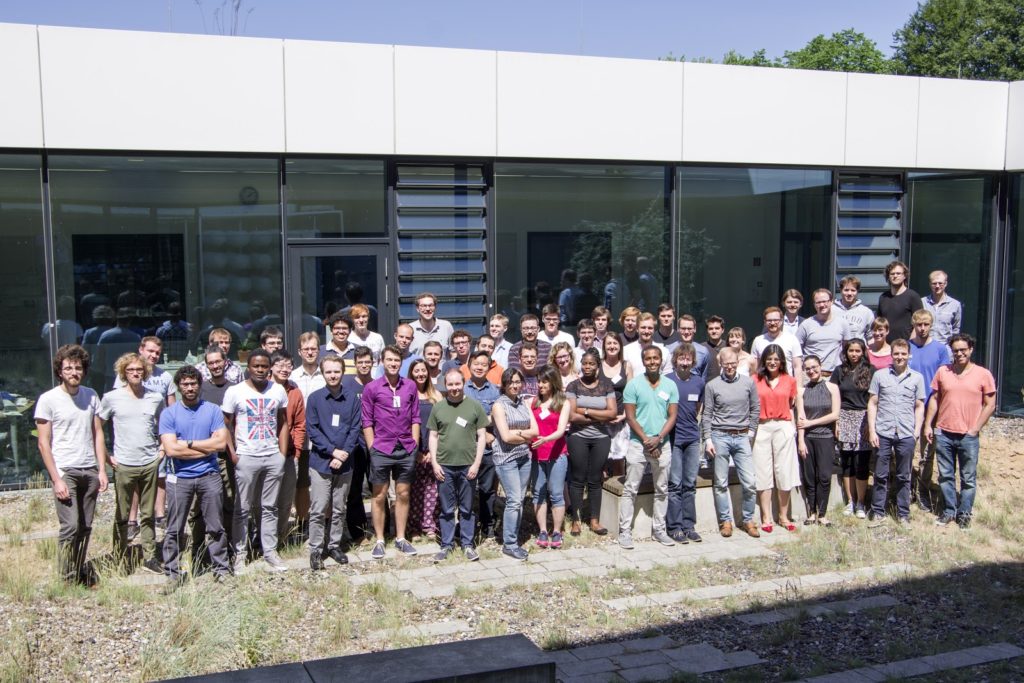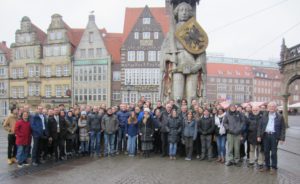General comments
The Atomistic Simulation of Carbon and related Materials (ASCM2019) workshop (ascm2019.nanocarbon.fi) took place in Helsinki, Finland between the 10th and 12th of April 2019. The workshop venue was the historical main building of the University of Helsinki. The event was jointly organized by Flyura Djurabekova (University of Helsinki), Volker Deringer (University of Cambridge) and Miguel Caro (Aalto University).
A total of circa 45 participants (mostly from Europe but also from overseas) met at the heart of Helsinki for three days of discussion on the state of the art and future prospects of atomistic simulation of pure carbon compounds and nanostructures, functionalized carbon materials, carbon-containing molecules and silicon/SiC alloys. Focus topics with strong presence at the workshop were atomistic modeling of graphene and carbon nanotubes, amorphous carbon, molecular dynamics simulations of high-energy/irradiation effects, development and benchmarking of interatomic potentials and, prominently, machine learning applied to atomistic simulations in general and carbon science in particular. The oral sessions featured a nice combination of established and early-career researchers.

